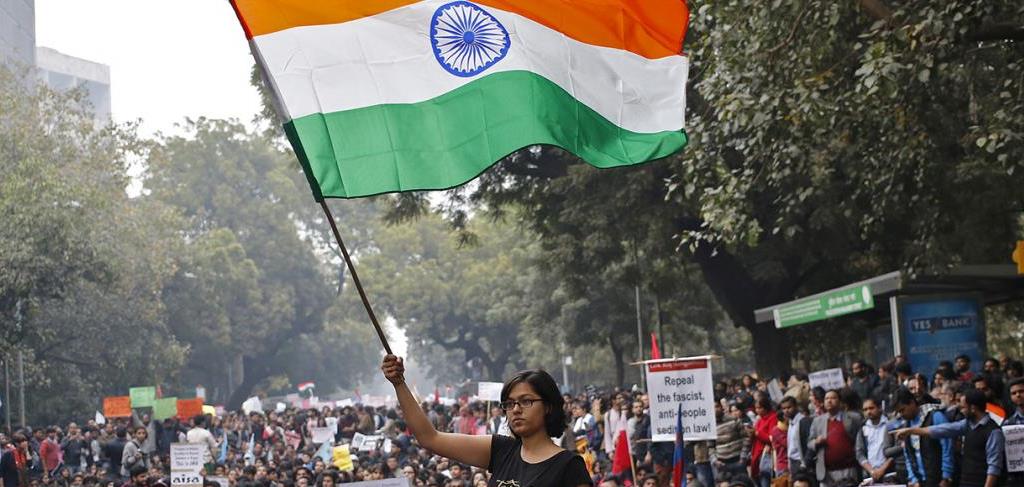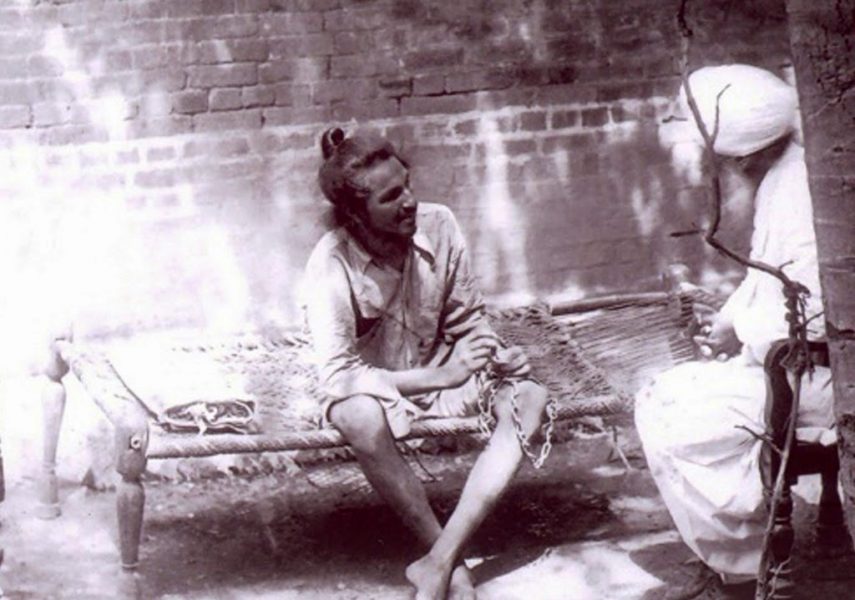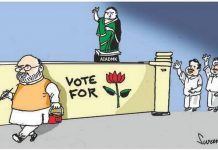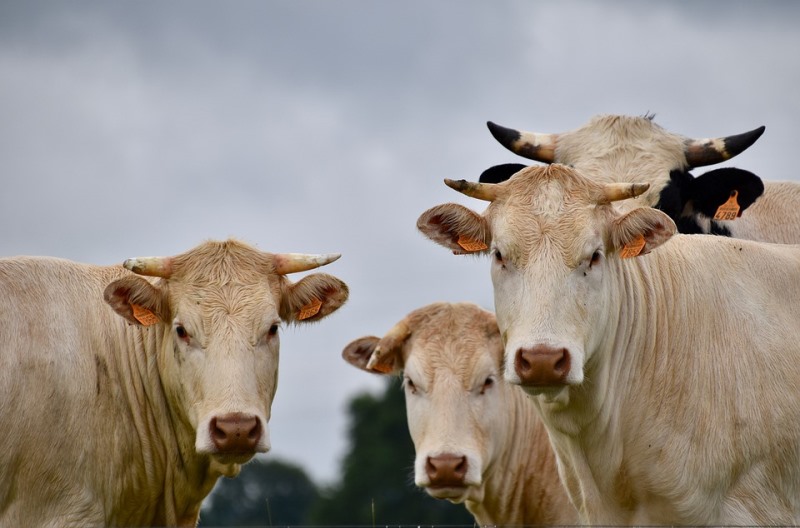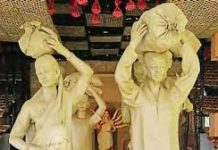The idea that one has to hate others in order to love one’s own nation needs to be problematized. The issues that India faces today can be resolved if we arrive at a more mature form of nationalism that respects the other and builds on a shared culture.
Apporva Shankar is associated with the Azim Premji Foundation District Institute, Uttarakhand.

[dropcap]T[/dropcap]oday as we look at ourselves in the 21st century we immediately identify as Indians and there isn’t any confusion regarding our national identity. But what seems to be taken for granted has a long history of struggle and conflict.
To come at this stage we have paid a hefty price and in order to understand the very notion of ‘nation ‘we have to go back.
Before taking into account the Indian context, the European context needs to be examined thoroughly. Initially all the nation – states which exist today were not the same, people speaking the same language and following the same culture lived under different kingdoms and monarchs.
It all started in the 18th century when people in Europe began identifying themselves as a common nation in which the key components were common shared history, culture, customs and language.
This led to the development of modern nation- states in Europe like modern Germany or modern Italy. The French philosopher Earnest Renan once remarked “A nation is the culmination of a long past of endeavours, sacrifice and devotion. A heroic past, great men, glory that is the social capital upon which one bases a national idea”.
In contemporary times what we know as India emerged at a later stage irrespective of the fact that it got united and ruled by a single kingdom many times (During the Maurya, Gupta and Mughal periods).
The notion of a ‘nation’ and nationalism never emerged until the British imperialism set in.
It was only during the national freedom struggle that we developed a sense of nationalism in ourselves. The story goes on to tell how we achieved independence and how we chose to govern ourselves.
But if we closely examine these ideas we can say that this was a clarion call to us if we had to move towards a progressive and developed society at that time. The same applies to the west as they also wanted to form a modern society based on democratic values and principles.
Various documents emphasized the importance of oneness and feelings towards the nation state through usage of several allegories. Germania in Germany, Bharat Mata in India and Uncle Sam in USA.
Applying the same idea to the present times calls for an investigation and an exploration of some questions which need to be answered. If we go by the love for language, customs and shared history then it creates the possibility of conflict.
Language has been a major force in our political history as it created violence and chaos many times. The love of language/culture has often meant that by appreciating our own culture/language we have started hating other’s culture and disrespecting diversity. This led to the development chauvinism. This is the situation which we are facing right now and we are not able to find a possible solution. It is because of this that the idea of the nation is a complicated and intricate one and one may often confuse it with excessive chauvinism and denial of diversity. It is paradoxical that India in the contemporary context faces this challenge and is finding it difficult to deal with it.
While vising many schools during my field work in Uttarakhand, I often asked this question to children, teachers and others present ‘What do you mean by own country and patriotism or nationalism?’
The answer that I was given most often was that people serving in the armed forces are true patriots; some said that sportsperson are true nationalists as they represent India at international forums etc.
I further asked them ‘What would you choose if you had to take one among Uttarakhand and India?
Here there was a problem as most of the people were not able to conceive the idea of India. I further asked them which is the best state. If today we say that nationalism is nothing but immense love for our motherland then it can be accepted up to some extent.
This motherland varies for people and various states will come into the picture. One big aim of education is identifying the balance between a single individual and nation.
This idea needs to be propagated that any person doing his job responsibly is a patriot. It looks vague but the time has come to understand the true meaning. Being a nationalist does not mean to use abusive language for neighbour nations or by only joining armed forces can one be a patriot.
We have to identify ourselves as humans first and if we are able to do this most of the problems of identity and conflict can be resolved as reiterated by Amartya Sen in his book Identity and violence: The illusion of destiny.
Our national education policy states that education means understanding the overall human society and dignity of individual human being above all the social divisions and understanding the world as a small single community of humans.
In between we have to find a suitable place to fit our idea of nation. The nation will be simply our love for our own motherland but not the hatred for others. Acceptance is the most important value which is missing in our society and because of this we are facing many problems.
At last we can say that our love for our nation can’t be judged on a single parameter but the most important thing is our love cannot prosper at the cost of hating others.

